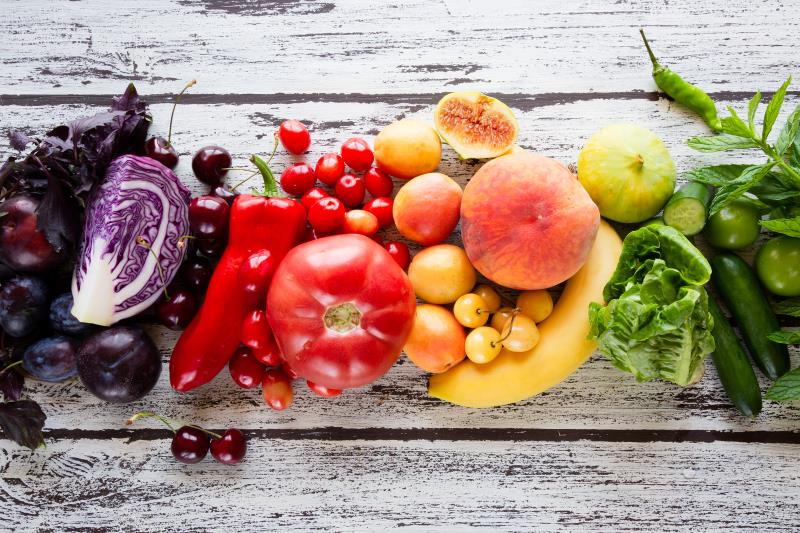
Not one diet is good enough to support treatment of Crohn’s disease (CD) or ulcerative colitis (UC), says an expert at the AIBD 2019 meeting.
“We don’t have enough definitive research to say that one diet is the right answer for patients with Crohn’s disease or ulcerative colitis,” said Professor James Lewis, Associate Director of the Inflammatory Bowel Disease programme at the University of Pennsylvania’s Perelman School of Medicine in Philadelphia, Pennsylvania, US. “However, there is a reason to believe that diet plays an important role in CD based on what we know about the effectiveness of exclusive enteral nutrition for CD.” [AIBD 2019, Rick MacDermott Lecture]
Incorporation of fruits and vegetables in the diet have shown some efficacy. This is interesting, Lewis said, because many patients with CD are often counselled to avoid fruits and vegetables. However, he admitted that there is a lack of quality data on the role of diet in CD. Hence, there is a failure to define what a patient should be adhering to in terms of dietary restrictions. Aside from that, he added that adherence to a certain diet is a challenge.
What patients want: Pill over diet
“Think about the different scenarios other than IBD where we advise people to follow a specific diet, for example, weight loss,” Lewis said. “It is difficult for people to sustain this over a long period of time. Talk to patients with Coeliac disease where they need to follow a gluten-free diet for the rest of their life. What they want is a medicine that would allow them to eat gluten-containing foods.”
While there is no consensus yet on the optimal diet for IBD, he said following a certain diet religiously is much more of a challenge compared to adhering to a specific medication regimen. More trials, he said, are underway and will open the opportunity to leverage new omics technologies and hopefully close the knowledge gap in this area.
“Then may be, we can try and figure out, of those diets that work, why do they work? Then, we can get to that little magic pill that does whatever these diets are doing and allow patients to eat whatever they want, or we find the way to make the diet as manageable as possible,” Lewis concluded.